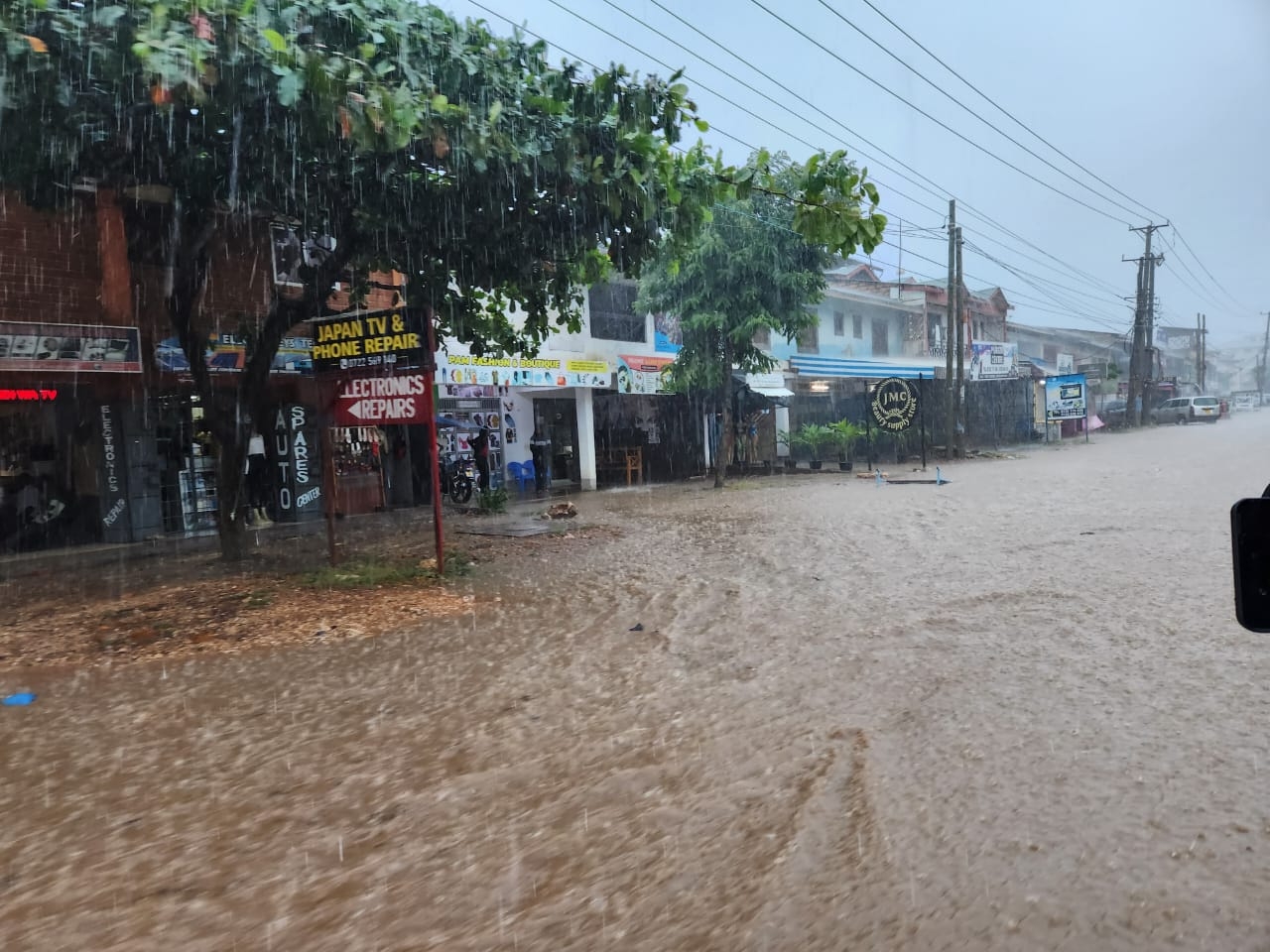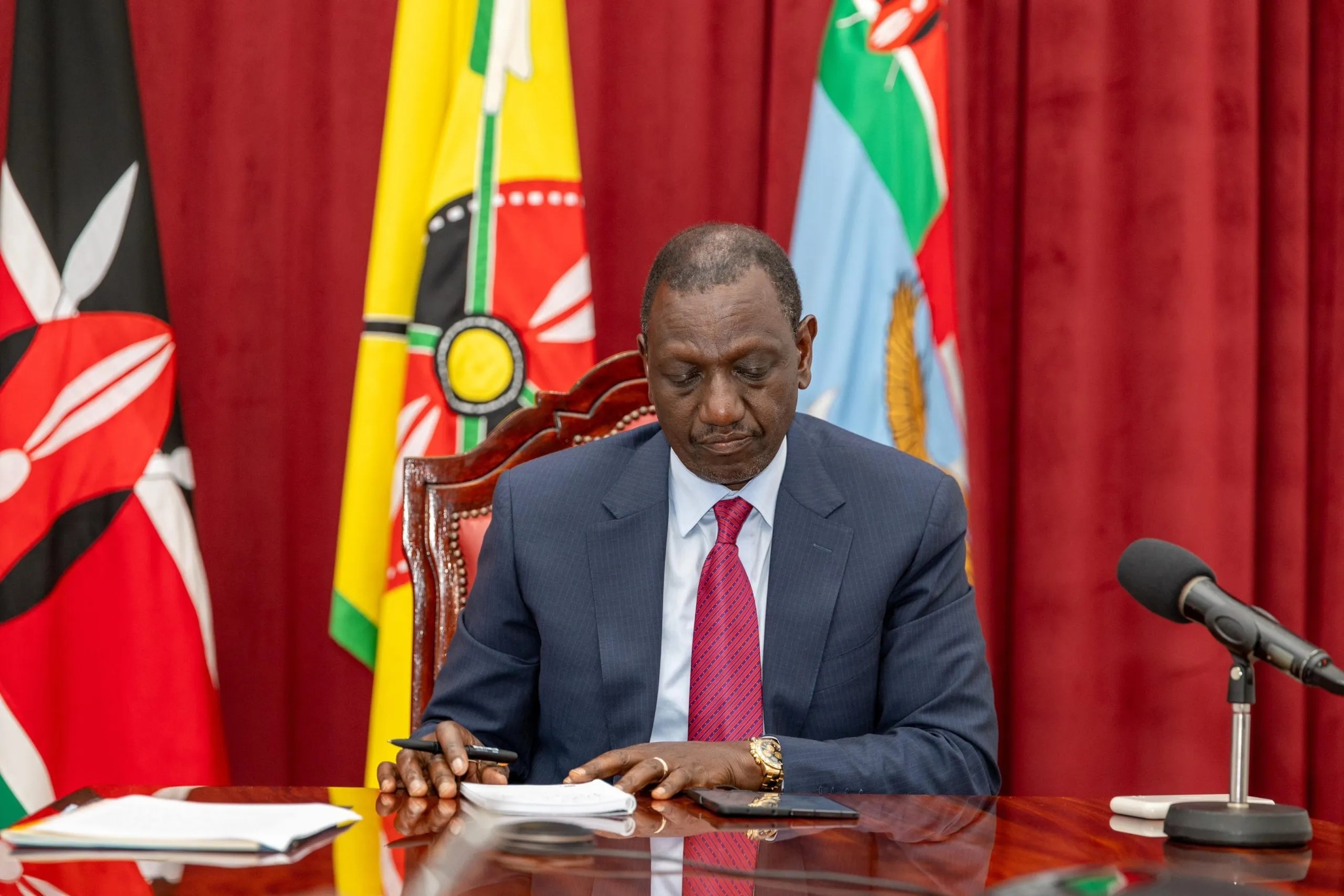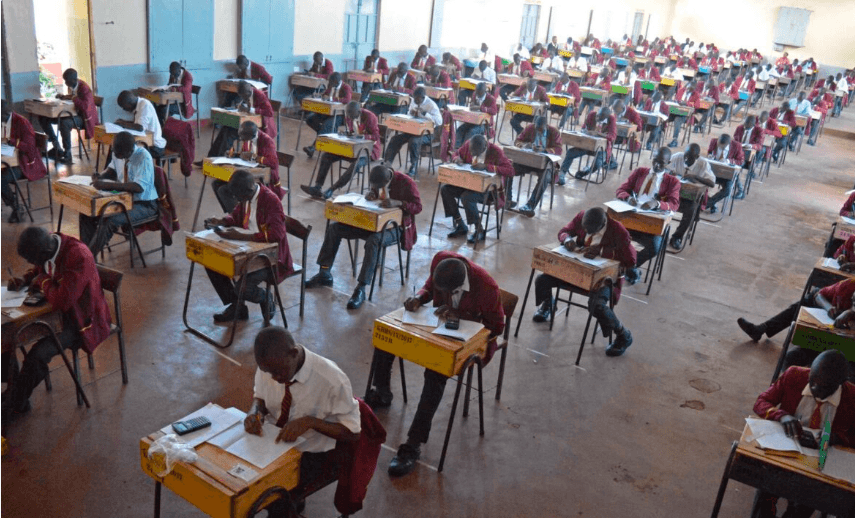The government has finally resettled members of the Kariobangi Sewerage Farmers Self-Help Group to their land in the Kariobangi North Sewerage settlement.
Nairobi Governor Johnson Sakaja made the news on X after meeting representatives of the group in his office.
"Today the County Executive Committee of Nairobi has approved their resettlement on the land as promised to them. May justice prevail," he said.
On May 4, 2020, at about 5.30 am, 8,000 people were evicted from Kariobangi North Sewerage settlement despite a dusk-to-dawn COVID-19 curfew.
The government insisted that the residents were on public land that had been illegally acquired and was on a mission to reclaim it to create room for the expansion of the Kariobangi Waste Sewerage Treatment plant.
The government said the plant would help offload the burden from the Dandora-Ruai Water Sewerage Treatment plant.
The evictions affected residents at the nearby Korogocho slums which overlook the sewerage settlement as excavators brought down homes, churches, shops and schools.
The demolition went on even after the court issued an order on May 3, 2020, stopping the evictions following a certificate of urgency filed by lawyer John Khaminwa.
The eviction was widely condemned but authorities seemed unmoved by the plight of the evictees.
Regular police, Administration Police and the General Service Unit (GSU) stood guard as bulldozers razed down homes in the informal settlement.
During the week that the structures were demolished, heavy rain pounded Nairobi county with affected families spending nights in the cold.
The second round of evictions came less than a week later on May 15, 2020, when families were forcefully evicted in Ruia.
This was despite an assurance by the government on May 8, 2020, that it had suspended further demolitions for four months as the country tackled the pandemic.
The government said the demolitions were necessary for the sewer project on the 3,000 acres to prevent donors from pulling out.
More than 1,500 people were evicted and spent the night in cold weather.
The evictions happened without written notice in the official government gazette, 90 days prior in line with the 2009 Evictions and Resettlement Guidelines.
Evictees were not given a chance to salvage their personal belongings.
Sakaja, who was then the Nairobi Senator, demanded a ministerial statement over the demolitions and wanted assurance that the rights of residents would not be infringed upon.
A Senate committee meeting scheduled for May 18, 2020, to assess the double evictions failed to take place after three Cabinet ministers failed to present responses.
But despite the evictions, the government abandoned the Dandora Waste Sewerage Plant project in Ruai which was to sit on approximately 1,637 acres of land.
On June 17, 2020, the government admitted that the evictions had happened despite some of the evictees having valid title deeds.
"You realise that some of the people who were evicted had title deeds and the land has been owned by the Nairobi Water and Company for some time. That is why we are also investigating," then Government spokesman Cyrus Oguna said in an interview on NTV.


















